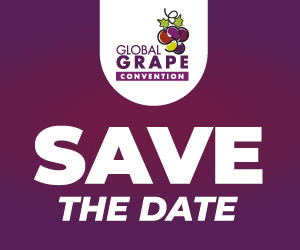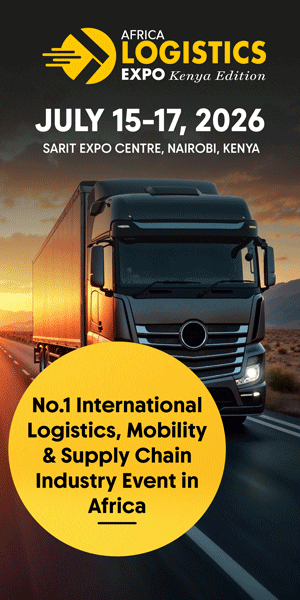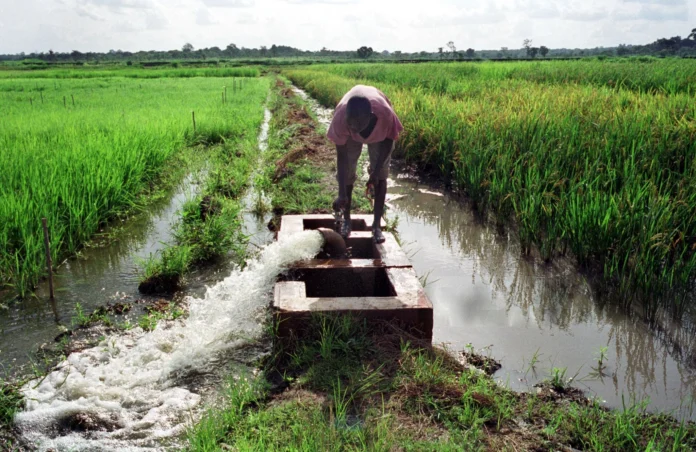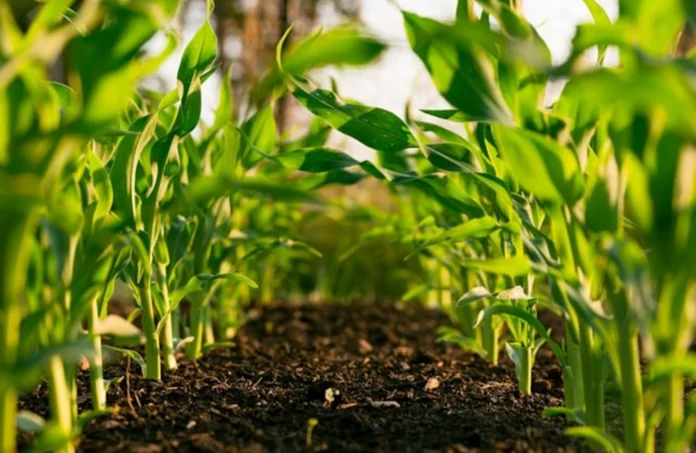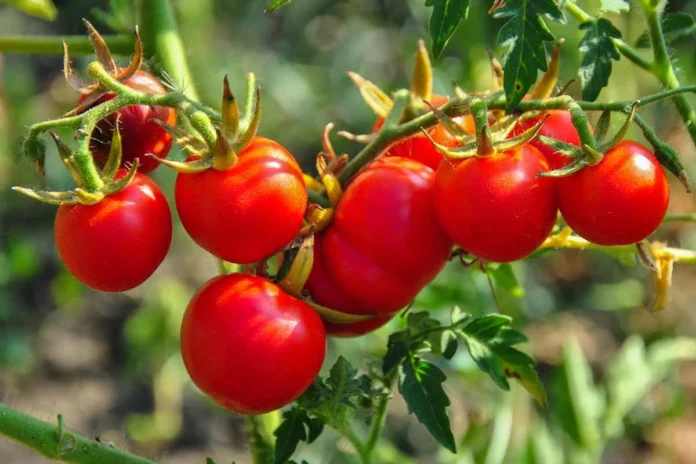Arabfields, Algiers, Algeria — In an era where global food supply chains face unprecedented challenges, from climate change and geopolitical tensions to rising demand, nations are increasingly seeking partnerships to bolster their agricultural sectors and ensure food sovereignty. Against this backdrop, Algeria and Poland have embarked on a renewed path of economic cooperation, elevating their longstanding diplomatic ties into a robust framework for mutual growth. A recent business forum in Algiers highlighted this ambition, with officials from both countries pledging to collaborate on innovation, investment, and sustainable development, particularly in the agro-food industry. This alliance not only aims to enhance bilateral trade but also positions the two nations as key players in addressing broader regional and international food security concerns.
The relationship between Algeria and Poland dates back decades, rooted in shared historical experiences and mutual support during pivotal moments. Poland was among the first nations to recognize Algeria’s independence in 1962, fostering a bond of friendship that has endured through political and economic shifts. Today, this foundation is being leveraged to propel economic ties forward, as evidenced by the Polish-Algerian Business Forum held in Algiers. Presided over by Poland’s Ambassador to Algeria, Krzysztof Kopytko, the event brought together government representatives, business leaders, and experts to explore multidimensional partnerships.
Ambassador Kopytko emphasized the strategic importance of this collaboration, noting that both countries share a political will to align their economic cooperation with the excellence of their diplomatic relations. “The Poland displays low rates of pesticide residues in its agricultural products, thanks to strict controls from farm exploitation to retail sales,” he stated, highlighting Poland’s expertise in food safety as a cornerstone for joint ventures.
On the Algerian side, Samir Derradji, Director General of Export Promotion at the Ministry of Commerce, articulated a vision that transcends traditional trade. “We aim to build with Poland an ambitious strategic partnership that will consolidate commercial ties and open new prospects for growth,” Derradji declared. He stressed that ambitions extend beyond conventional exchanges to encompass partnerships grounded in innovation and sustainable development. This sentiment aligns with Algeria’s broader economic strategy under President Abdelmadjid Tebboune, which prioritizes diversification of exports, attraction of foreign investment, and the creation of a resilient economy.
The forum’s discussions were buoyed by promising economic indicators. Bilateral trade volumes are projected to reach $938 million in 2024, marking an upward trajectory that reflects growing confidence in the partnership. This figure, while substantial, is seen as just the beginning, with both sides identifying untapped potential in sectors like agriculture, energy, and technology transfer.
Algeria, with its vast arable lands and strategic position as a gateway to Africa, presents an attractive market for Polish investors. Derradji extended a direct invitation: “I invite Polish companies to take advantage of their presence in their second country, Algeria, to learn about available opportunities and build successful, integrated projects.” This call resonates with Algeria’s recent reforms, including a new investment law that streamlines processes for foreign entities, enhances legal protections, and offers incentives in priority sectors such as agriculture and renewable energy.
Poland, as the fourth-largest economy in the European Union, brings a wealth of experience to the table. Its agricultural sector is renowned for efficiency in market organization, agro-processing development, and export support mechanisms. Ambassador Kopytko praised Algerian products, particularly declaring Algerian dates as “the best in the world” and expressing a desire to increase their presence in the Polish market. This mutual appreciation underscores a win-win dynamic, where Poland can share its know-how in sanitary controls and sustainable farming practices, while Algeria offers opportunities for joint projects that enhance food production and distribution.
At the heart of this partnership lies a focus on agro-food innovation and food security, a critical issue in a world where supply disruptions have highlighted the need for self-reliance. Poland’s National Center for Agricultural Support (KOWR) has outlined a clear roadmap for enhanced collaboration, positioning Algeria not merely as a market but as a long-term strategic partner. The center’s director general affirmed: “We seek to strengthen agricultural cooperation with Algeria through partnerships based on trust, respect, and common interests.”
This vision includes technology transfer, joint investments, and expertise sharing in areas like pesticide management, crop processing, and export logistics. Polish experts at the forum commended Algerian entrepreneurs, viewing the North African nation as an attractive hub for food security initiatives. For instance, Poland’s prowess in cereal and milk production, key areas where Algeria aims to reduce import dependency, could accelerate modernization efforts. In 2024, discussions have also extended to pending agreements in agriculture, signaling a commitment to formalize these ties.
Algeria’s strategy dovetails with global trends, where food sovereignty has become a geopolitical imperative. The country is investing in Saharan agriculture and renewable energies to boost domestic production, reducing reliance on imports for staples like grains and dairy. Partnerships with Poland could facilitate this through co-development projects, such as advanced irrigation systems, bio-fertilizers, and supply chain optimizations, ultimately contributing to sustainable growth and job creation.
To translate ambitions into action, both nations are relying on established mechanisms like bilateral agreements and the Algerian-Polish Business Council, founded in 2018 to promote economic exchanges. Representatives from Algeria’s Ministries of Commerce and Agriculture, along with the Algerian Investment Promotion Agency (AAPI), presented competitive advantages, including tax incentives, infrastructure improvements, and access to African markets via the African Continental Free Trade Area (AfCFTA).
The forum also featured insights from Polish delegations on extending cooperation in science and research, further enriching the agricultural domain. Experts expressed optimism that institutional dialogues, combined with entrepreneurial vigor, will yield concrete, lasting results. As one Polish official noted, the recent mission of entrepreneurs to Algeria represents “a firm commitment to develop new commercial relations and explore common projects.”
Looking ahead, this partnership holds promise for broader impacts. By combining Poland’s EU-aligned standards with Algeria’s resource-rich landscape, the alliance could serve as a model for North-South cooperation in agriculture. In a time of global uncertainty, such collaborations are essential for building resilient food systems, fostering economic prosperity, and strengthening international bonds. As the two countries continue to build on this momentum, the fruits of their efforts, both literal and figurative, could reshape the agro-food landscape for generations to come.





